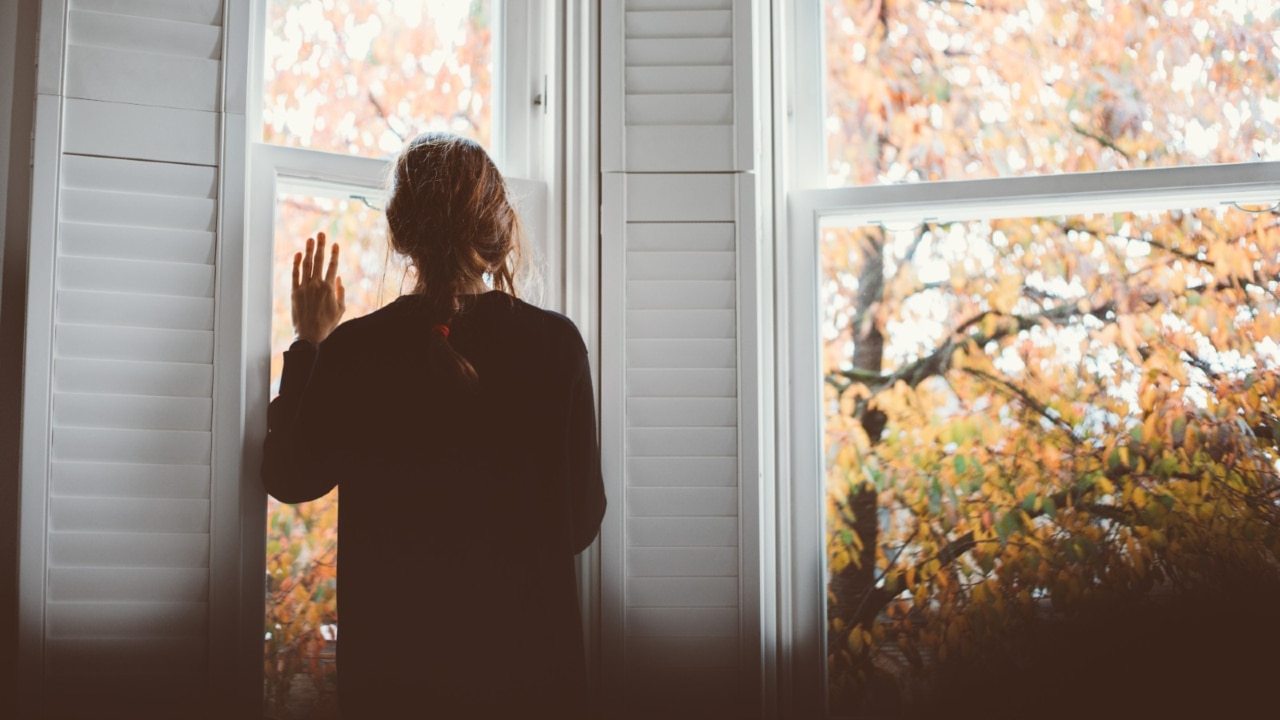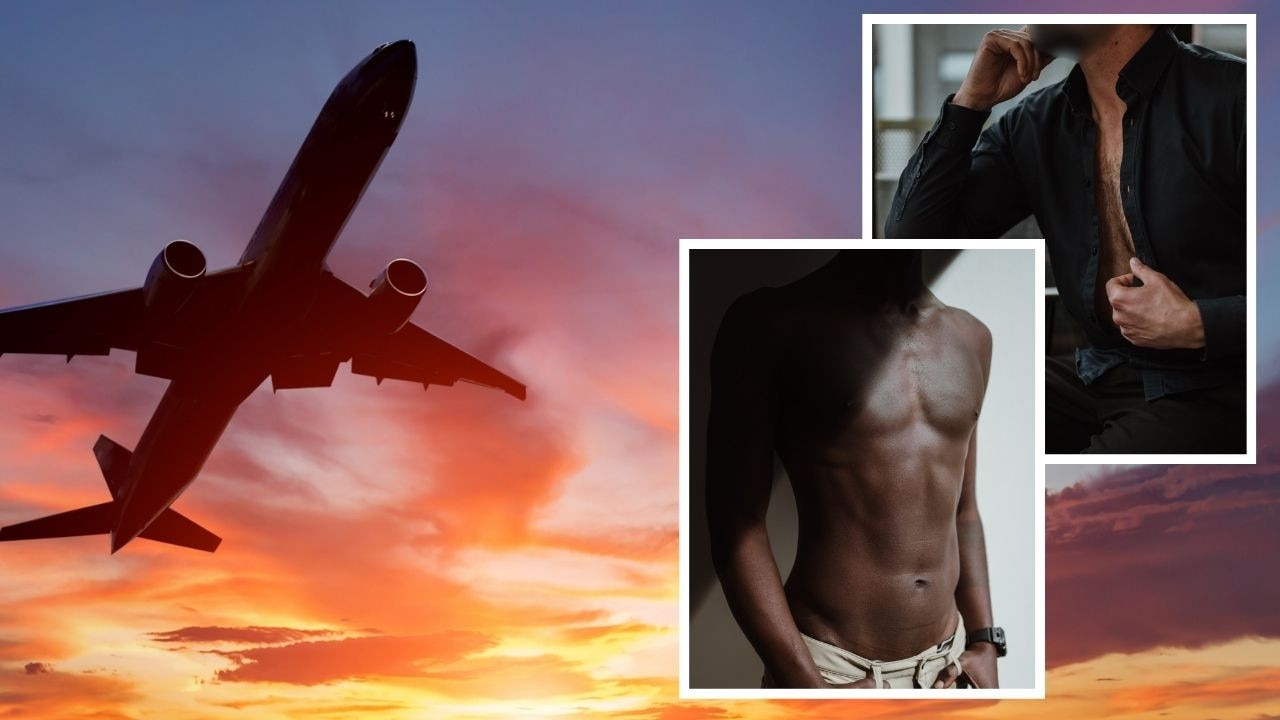Loneliness Awareness Week: A third of Queenslanders feel lonely
It can affect anyone regardless of age, gender, nationality, location or personal circumstance, and it’s becoming a national epidemic.

Lifestyle
Don't miss out on the headlines from Lifestyle. Followed categories will be added to My News.
One in three Queenslanders say they feel lonely and the majority are too embarrassed to admit it, a new State of the Nation Report on social connection has revealed.
A survey of more than 4000 people by Ending Loneliness Together found younger people aged 18-24 and middle-aged 45-54 are the nation’s most lonely, prompting urgent conversations be had.
It found one Queensland (35 per cent) was one of the highest states or territories to be feeling lonely, only behind the ACT and Tasmania.
There are more lonely people living in rural areas compared to metropolitan while those living alone recorded higher rates of loneliness compared to those living with others.
Nearly one in two (49 per cent) surveyed say they would conceal being lonely while 46 per cent say they’re too embarrassed to admit it.
One in six reported severe loneliness, putting them at a much greater risk of lower workplace productivity, poor physical and mental health and chronic disease.
Ending Loneliness Together’s scientific chair Michelle Lim said while people tended to understand the consequences of loneliness, they struggled to know how to talk about it or know where to seek help.
Dr Lim stressed that loneliness should not be seen as a sign of weakness or fault.
“Feeling lonely is an innate signal for us to acknowledge and address our basic human need for connection,” Dr Lim said.
“Understanding this is the first step to creating a more connected Australia.”
Widow Janene, 63, said her loneliness made her feel like a nobody.
“I think that’s one of the things about marriage,” she said in the report.
“If you’ve got a fairly good one, you’ve got a support network in your husband or wife that can be very uplifting.
“But when you’re alone, you’ve got nobody.
“Even though you might have friends, they’re busy with their lives.”
Lily, a 27-year-old student, said loneliness could happen to anyone regardless of age, gender, nationality, location or personal circumstance.
“Just because someone looks like they have everything going for them – they are in good physical health, good job, great friends, a supportive partner – they can still be lonely,” she said.
With the launch of Australia’s first Loneliness Awareness Week on Monday, people are being asked to normalise having the conversation.
“We can create safe environments in our homes, workplaces, and communities by equipping the community (individuals, workplaces, schools, and neighbourhoods) with the skills to recognise the signs of loneliness and to respond appropriately and safely,” it read.
“This will allow Australians to get the help they need.”






